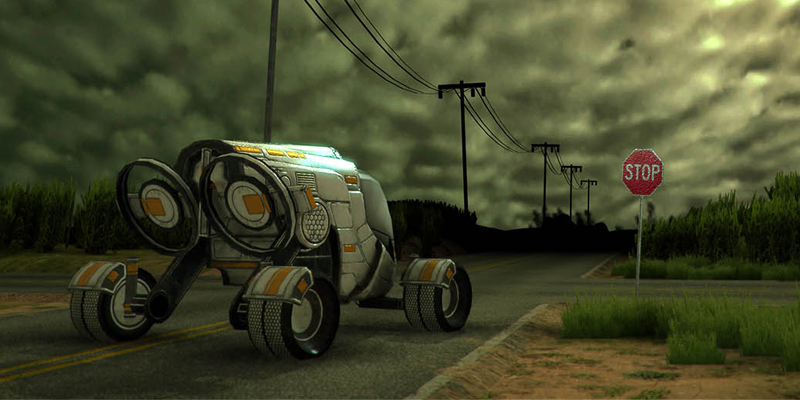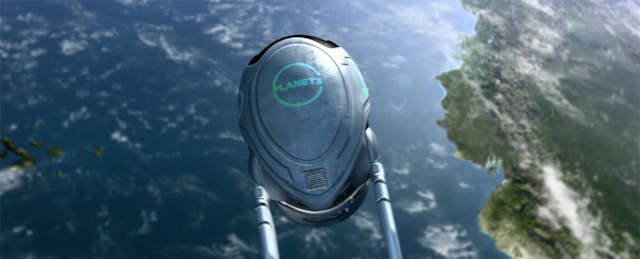Aside from throwing them, I never thought much of rocks, or their studies. It wasn’t until I approached Svartifoss, and gazed in awe at the thunderous, pristine Icelandic water roaring down haunting, hexagonal basalt columns, that I learned to care (and climb) rocks.
It shouldn’t take a trip to Iceland to get kids interested in geology, or any sciences, reckons Tim Kelly, CEO of Planet3, which is developing game-based simulations through which students can learn and explore STEAM subjects. Already he’s raised $10 million in a Series A round announced last September. Now he’s looking for more. Today, Planet3 shared it has secured another $3 million in the “first phase of our Series B funding,” Kelly tells EdSurge in an interview. He hopes to raise as much as $15 million for this next round.
The new money comes from Switch, a Nevada-based builder of massive data centers around the world, and which led the previous funding round. Kelly, along with his co-founders Dr. Albert Lin and Vijay Lakshman, also invested from their own pockets to launch the company.

Kelly has brought nature’s wonders to the masses before. During his 30 years at National Geographic he helped the print publication evolve into a media powerhouse through efforts such as the creation of National Geographic Channel and a film division that won an Academy Award for “March of the Penguins.”
In August 2014, Kelly co-founded his current venture to “put adventure, exploration and storytelling into education and get kids amped about the most exciting subjects in the planet.” He’s assembled a team of 35 that includes game designers, engineers, former media executives, educators. Together, they hope to combine “game design and rich media with storytelling and data sets to bring science to life,” he adds.
Schoolchildren in Nevada—where Switch is based—will be the first brave explorers of what Planet3 has to offer. This fall, sixth- and seventh-grade students in roughly 25 schools across six districts will get a taste of the company’s interactive activities in earth and physical sciences. Up to half of science class time may be devoted to using Planet3, says Kelly McGrath, the company’s Chief Learning Officer. At least eight online and in-person professional development training sessions have been planned to help teachers use the tool.
These pioneering teachers and students will “help us refine, iterate and provide us with rich classroom experience of the platform,” Kelly says. “We will be spending the whole year investing in building the platform and the curriculum through this experience.”

Rather than talk and read about the weather, students will, for instance, play the role of a storm chaser to track and predict the path of a tornado. Another mission will take students deep into an Icelandic volcano to learn about earthquakes, tectonic plates and other elements unique to the island’s natural environment.
Integrated into each of these simulations, says Pat Skorkowsky, Superintendent of Clark County School District in Nevada, are vocabulary, math and critical thinking exercises that offer “a more integrated, interdisciplinary approach” to sciences. The content is also designed to align with the Next Generation Science Standards, which so far have been adopted by 16 states.
The pilot will run for the 2016-2017 school year, after which the company plans to have a polished product it can sell as a subscription service.


